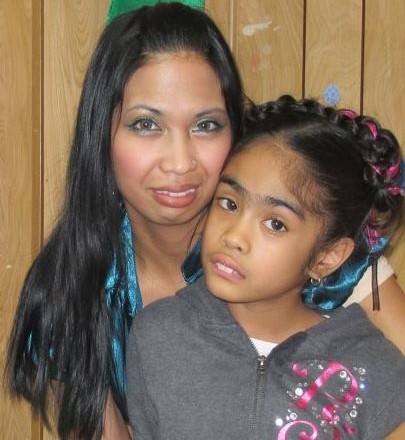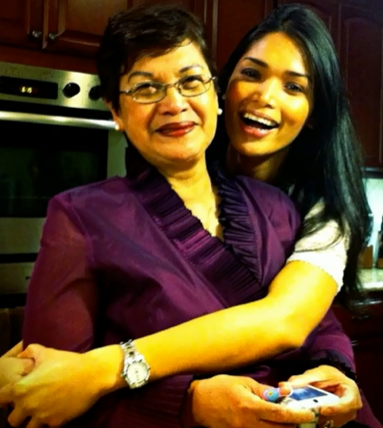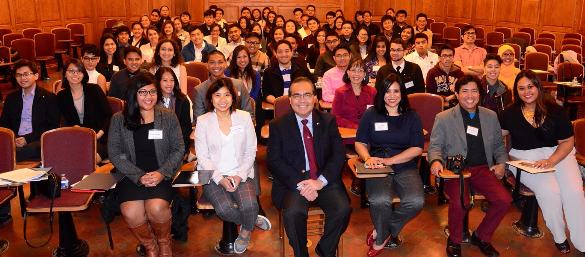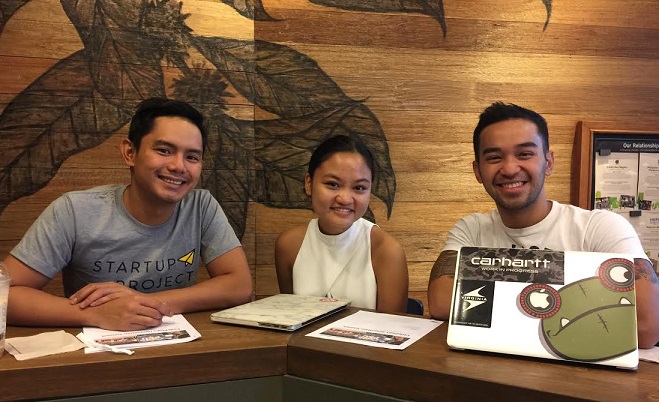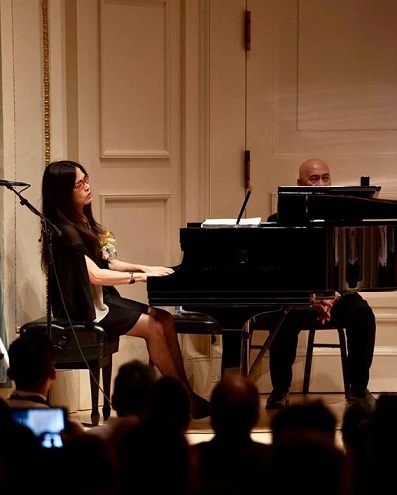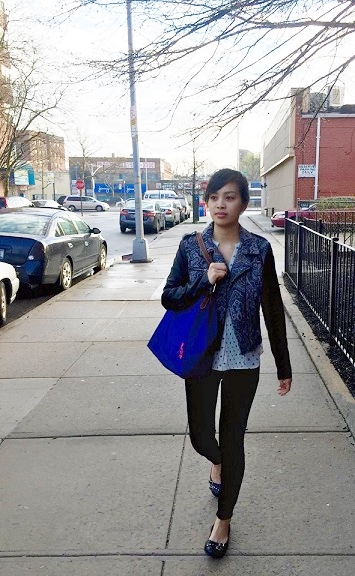Iris Zalun wants an end to ‘creepy’ catcalling, street harassment that violates women’s personal space
By Cristina DC PastorIris Zalun, 26, has been wolf-whistled by construction workers, stared at, called “beautiful,” and patted on her rear by some random men.
“It’s creepy,” she told The FilAm.
Street harassment is a terrifying experience that has happened to almost all women at some point in their lives, but many have not done anything about it beyond grousing. Iris wants to raise awareness about it, and she’s starting on Facebook.
“I have been harassed many times,” said Iris, president of the nonprofit organization Pilipino American Unity for Progress, Inc. or UniPro. “It’s like…almost every day. It definitely happens regularly.”
And it’s not just construction or road repair workers, she quickly added. Some of them are smartly dressed, older men in their 40s or 50s.
One of the worst acts is someone leaning in while she’s waiting for a train and making a lewd remark with a cooing, heavy breathing voice.
In another instance, a group of people, including a girl, harassed her while she’s waiting for a friend outside a restaurant. They looked her up and down and began making comments about “those Asian girls” within earshot. Cried Iris, “They’re violating my personal space, even if they’re not touching me!”
The website Stopstreetharassment.org defines street harassment as “unwanted comments, gestures, and actions forced on a stranger in a public place without their consent and is directed at them because of their actual or perceived sex, gender, gender expression, or sexual orientation.”
Hollaback, another Internet resource to assist and educate women, reports that 70 percent to 99 percent of women “experience street harassment at some point during their lives.” It happens to both men — usually gays — and women. It is “rarely reported,” and in some societies, “culturally accepted.”
“The long-term impacts include depression, anxiety, and post-traumatic stress disorder, as well as a reduced sense of safety that can limit earnings, decrease mobility, and interrupt their ability to fully engage with civic life,” states Hollaback citing research from the Centers for Disease Control, a federal agency under the Department of Health and Human Services.

Raising awareness ‘on a personal level,’ Iris is mulling using UniPro as a platform to invite Hollaback and get a discussion going.
Iris shared how she had to avoid walking certain streets where road or building repairs are going on just to avoid potentially unwanted comments that are racial or sexual in nature.
“I get nervous that they’re going to say something so I try to avoid them,” she said. “I get a feeling of being violated or shamed.”
Iris shared a story on Facebook how she and a friend from UniPro, Rachelle Ocampo, were yet again catcalled while they were walking in Queens.
“So earlier tonight, as we are walking back to my apt after a lovely movie/dinner date, this random guy in a car yells, “GIRL, I SEE YOU WALKING!” So before I’m even done replying, ‘Are you serious?’ Rachelle whips around, gets up in the guy’s face, and gets into full superwoman mode, yelling things like “THAT’S INAPPROPRIATE! DO YOU TALK TO YOUR MOTHER LIKE THAT?!” And it was the best thing ever. You go, girl.”
That post generated a heated discussion on her wall, leading to a dialogue, which was what Iris was aiming for. There were some private messages from friends cautioning why getting in your face with a catcaller may put women in greater danger.
“One ‘kuya’ wrote to me, he was just trying to be protective, and said he was concerned about my safety,” she said, adding how sometimes in a fit of exasperation she has resorted to flipping a finger.
Iris said she keeps a pepper spray in her purse as a form of personal protection. If she can’t have friends walking with her (such as going to and from work), she walks fast – really fast. In a city like New York where there are parks and avenues ideal for walking at a leisurely pace, such simple pleasure is lost on her.
“I feel like they own the streets, and they’re violating my personal space,” she said.
Some Filipino men have done it too, she said, recalling a FIND, Inc. meeting where one delegate just grabbed her by the arm.
Asked if she thinks she is targeted because she is 1) woman, 2) Asian, or 3) pretty, Iris paused, then gave this reply: “I think it’s because I’m first and foremost a woman, and definitely because I’m Asian. They say Ni hao to me.” She’s not sure about ‘pretty’ because she said she gets comments even in winter when she’s all covered up head to toe. “It happens to all women.”

